Digital Media Industry: Video Game Project Case Study Report
VerifiedAdded on 2022/08/13
|10
|450
|16
Report
AI Summary
This report provides a comprehensive analysis of video games as a form of digital media. It begins by defining video games and tracing their historical development, from the initial OXO game to modern gaming. The report then categorizes video games by genre, covering action, adventure, casual, platform, racing, simulation, sports, multiplayer, and role-playing games. It delves into the employment aspects of game development, outlining the roles of designers, artists, programmers, and other team members. The report also discusses game modifications and the major markets for video game development, including the United States, Japan, and the United Kingdom. Finally, it highlights the advantages of video games, such as their role in multimedia entertainment, simulated storytelling, and brain functionality enhancement. The report is based on research and provides several references to support its findings, making it a valuable resource for understanding the multifaceted nature of video games in the digital media landscape.
1 out of 10

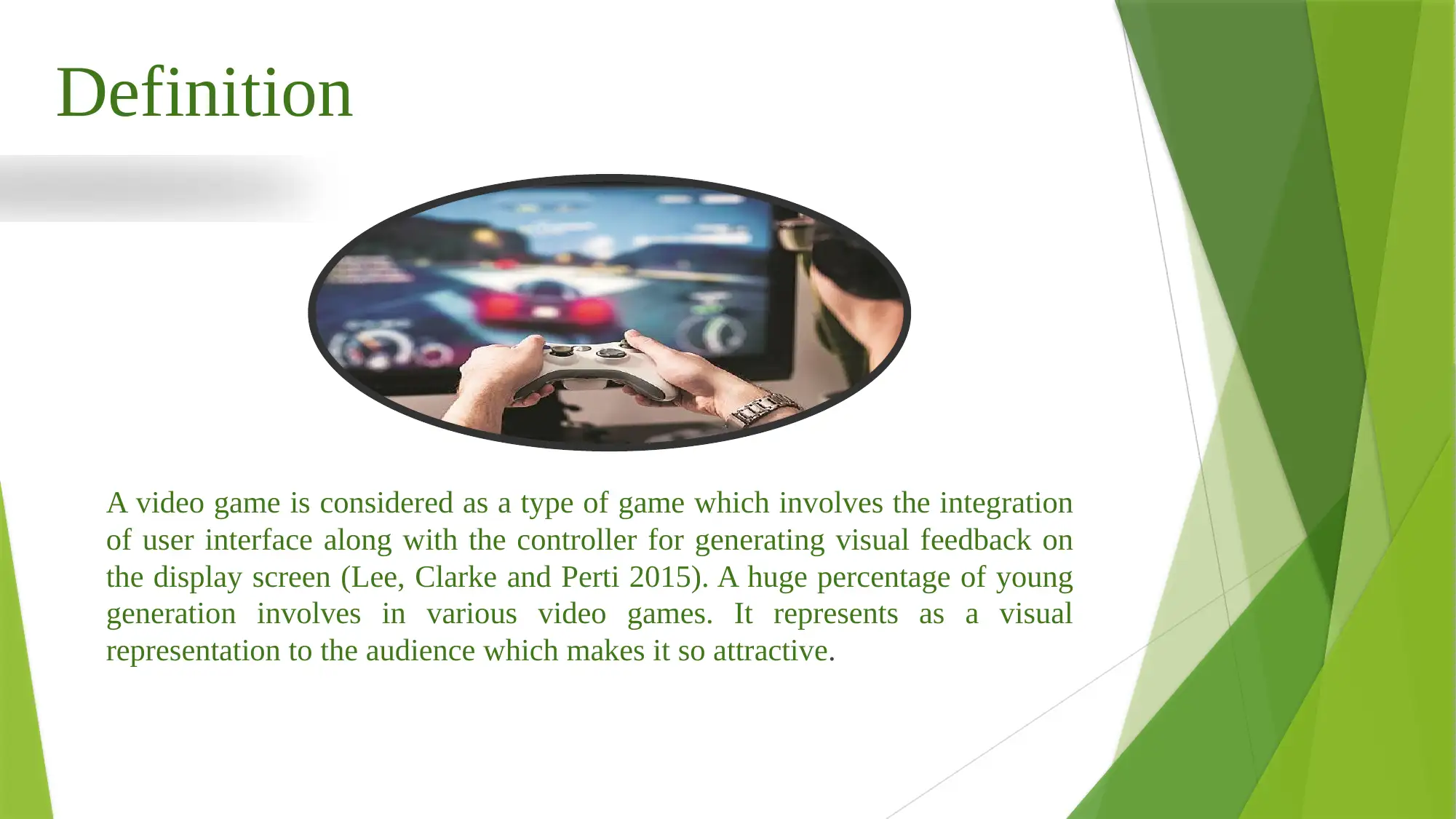
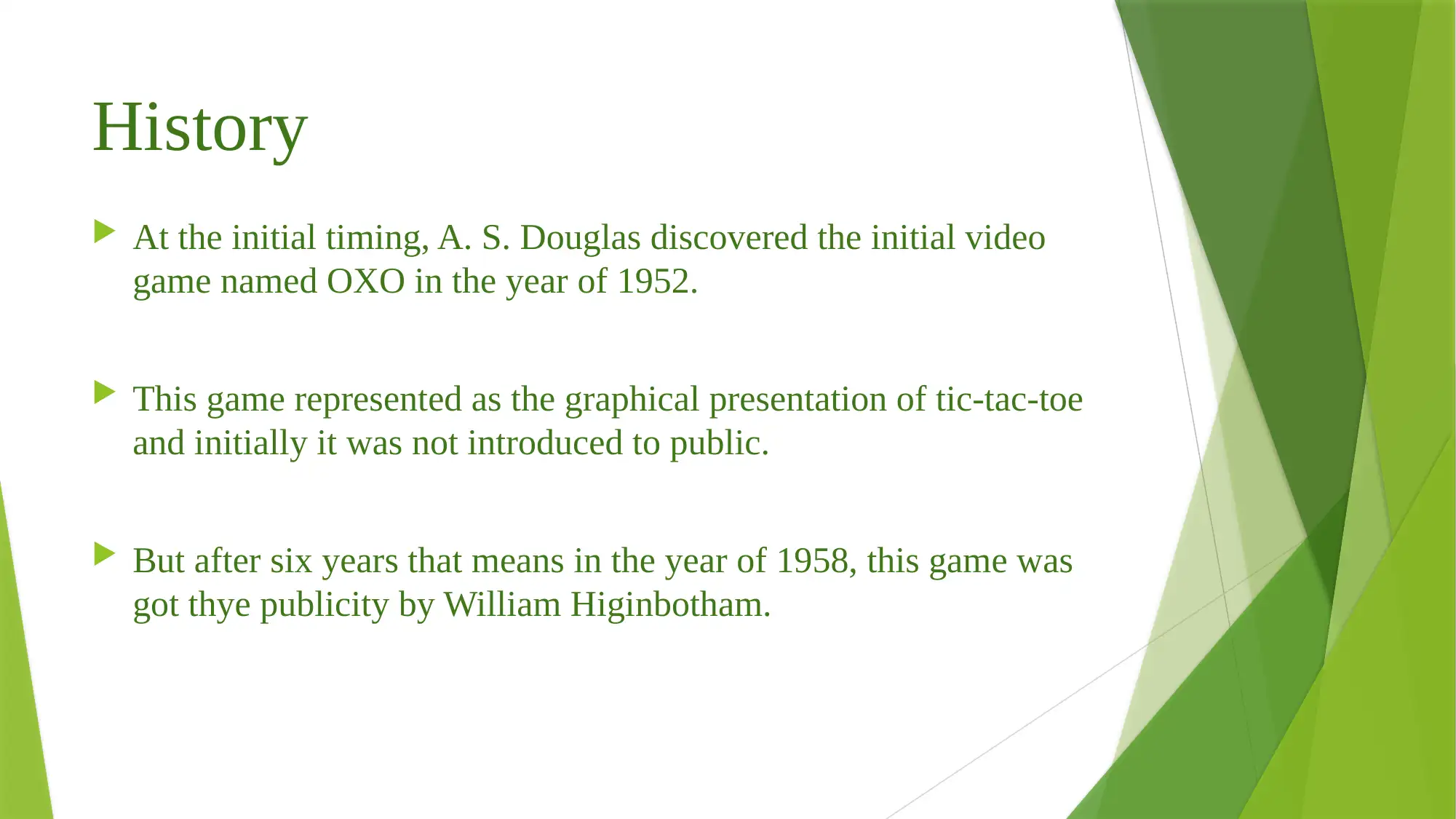

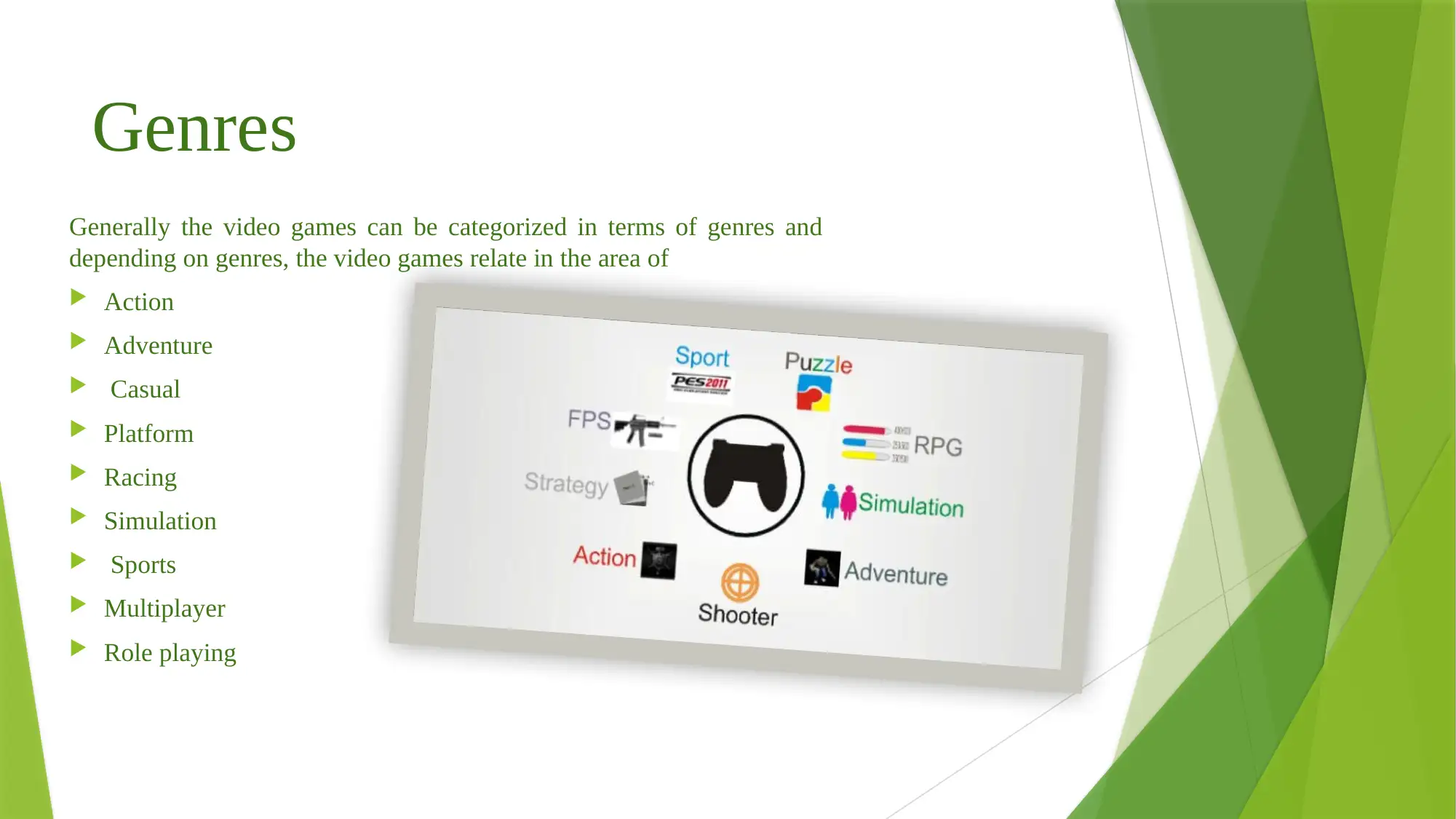
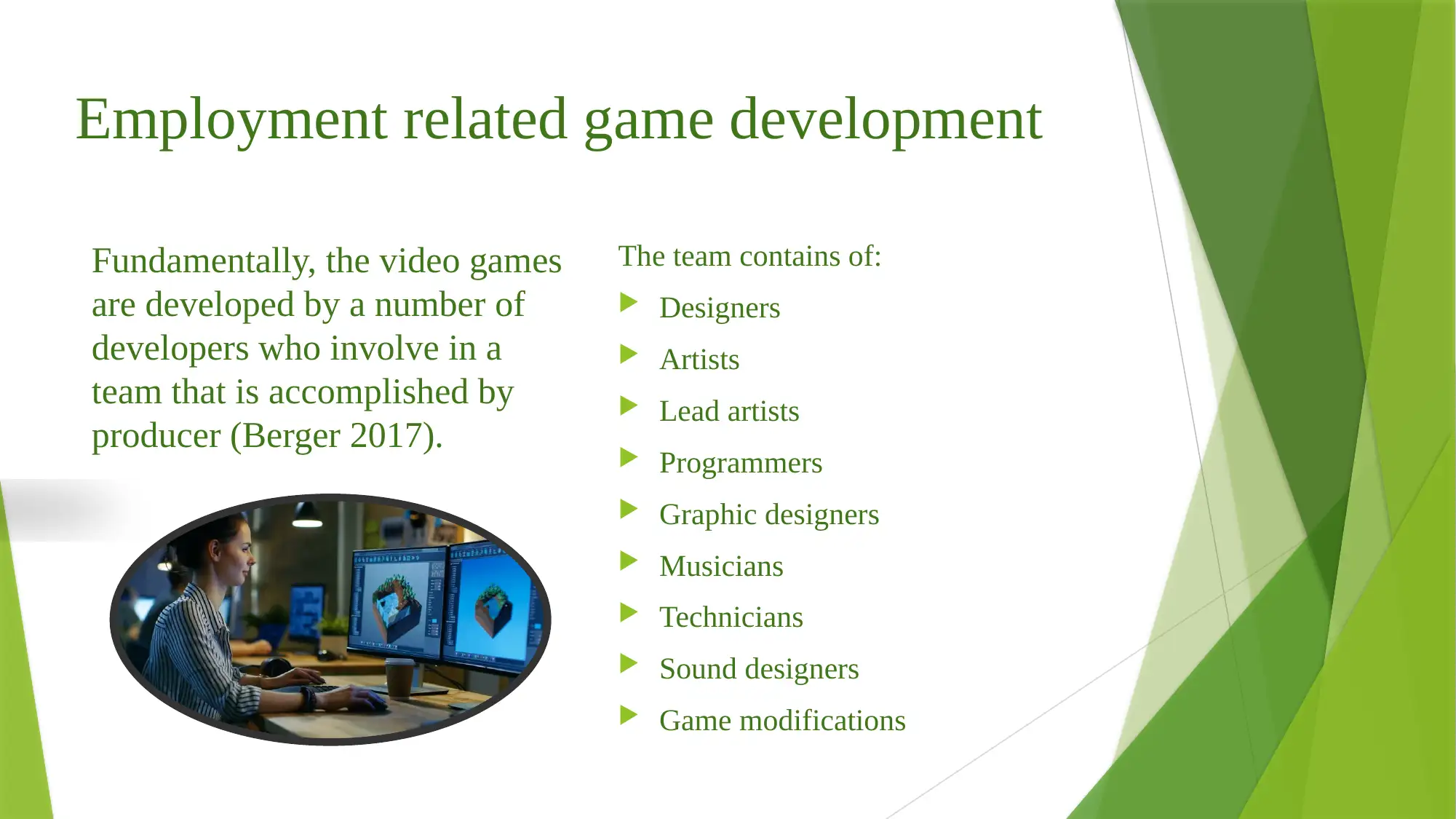
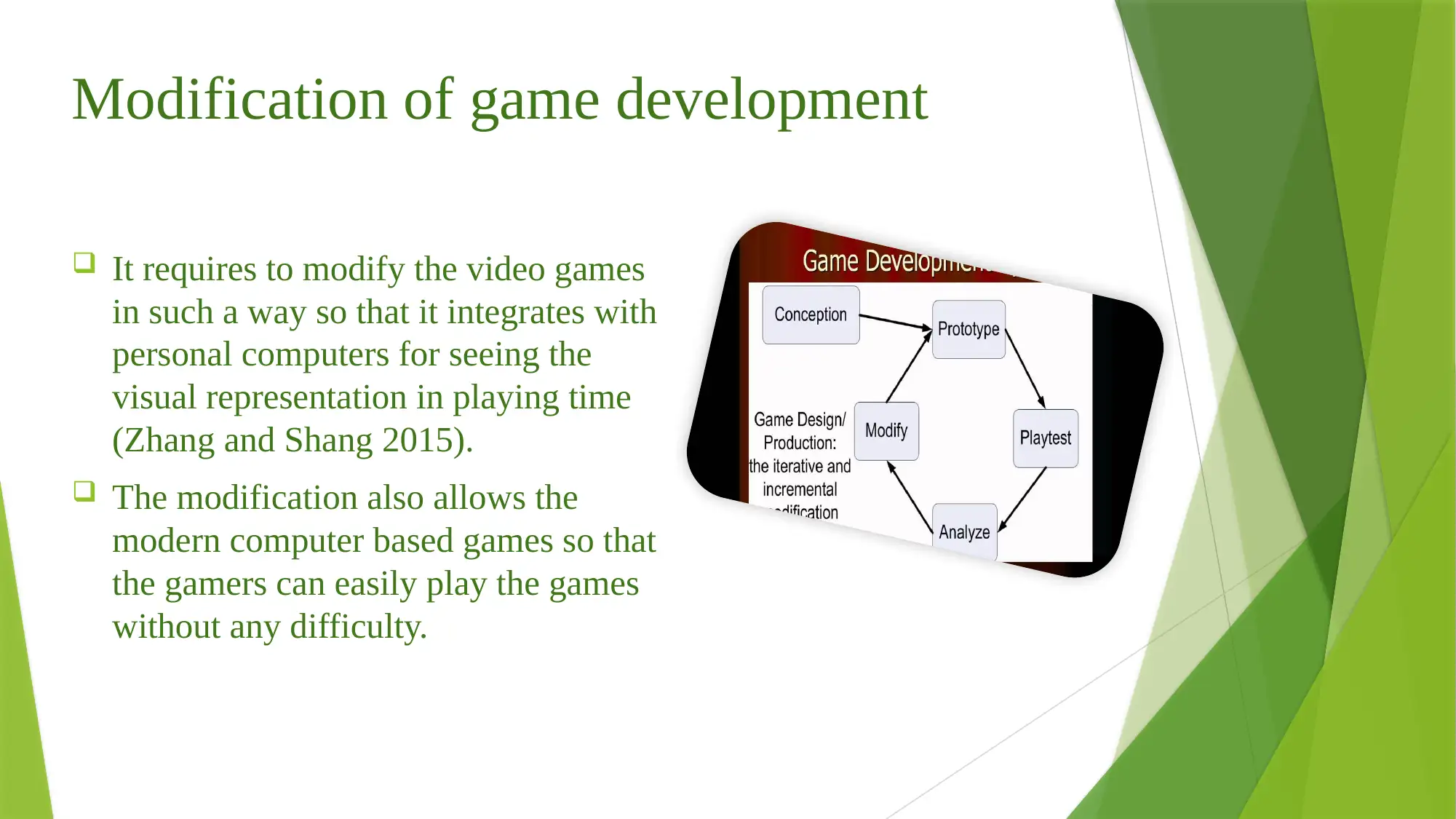

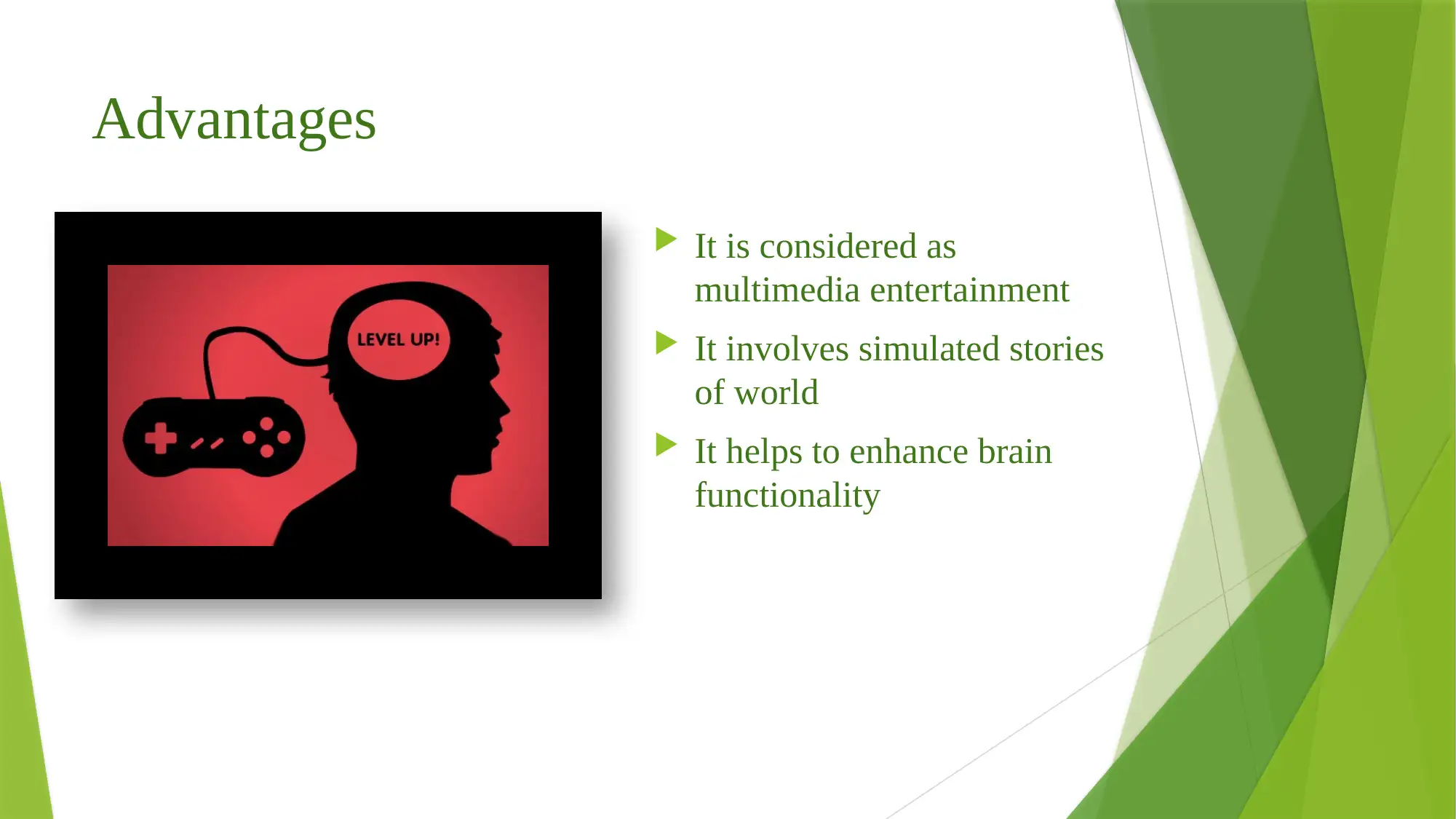
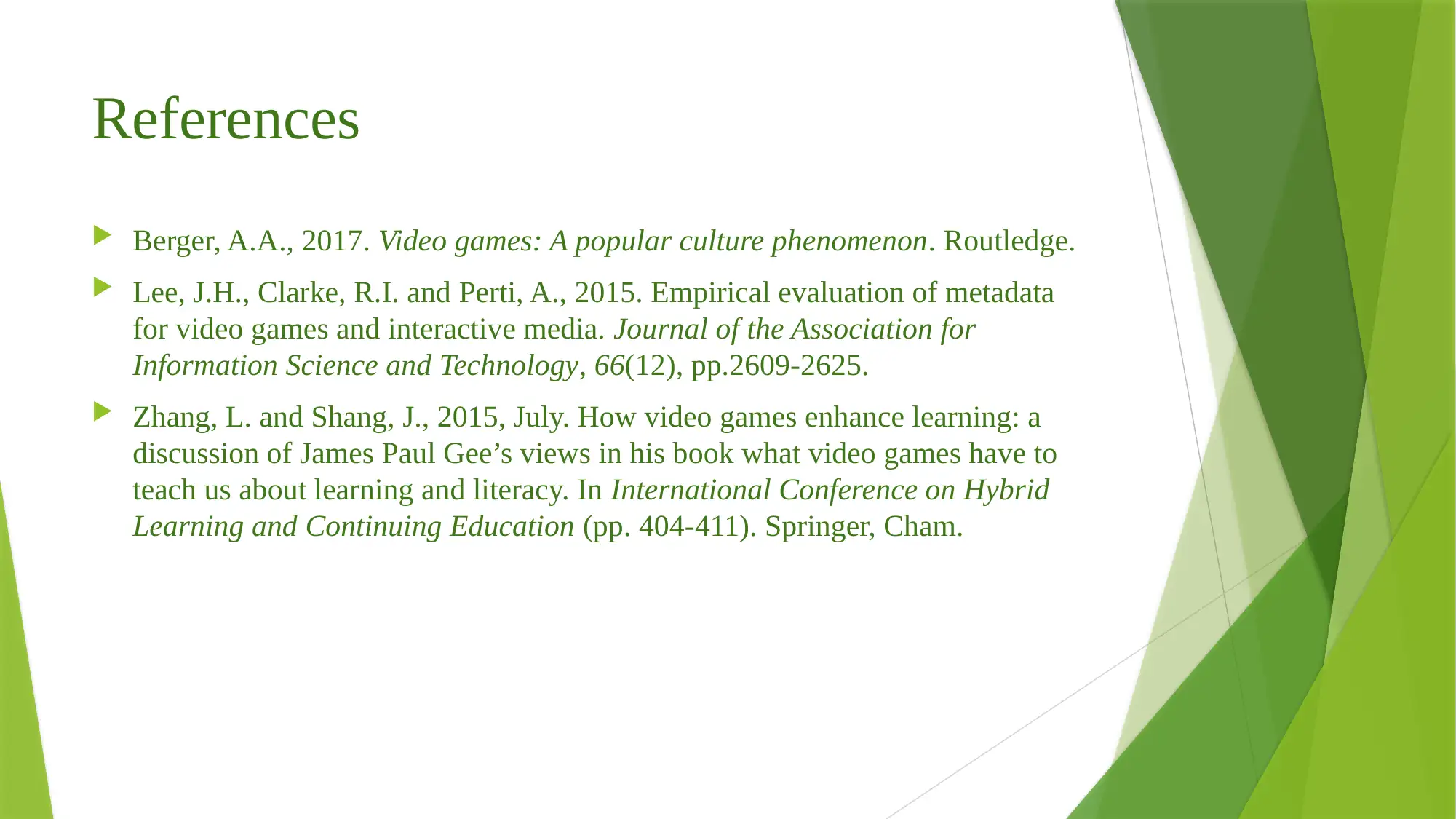


![[object Object]](/_next/static/media/star-bottom.7253800d.svg)